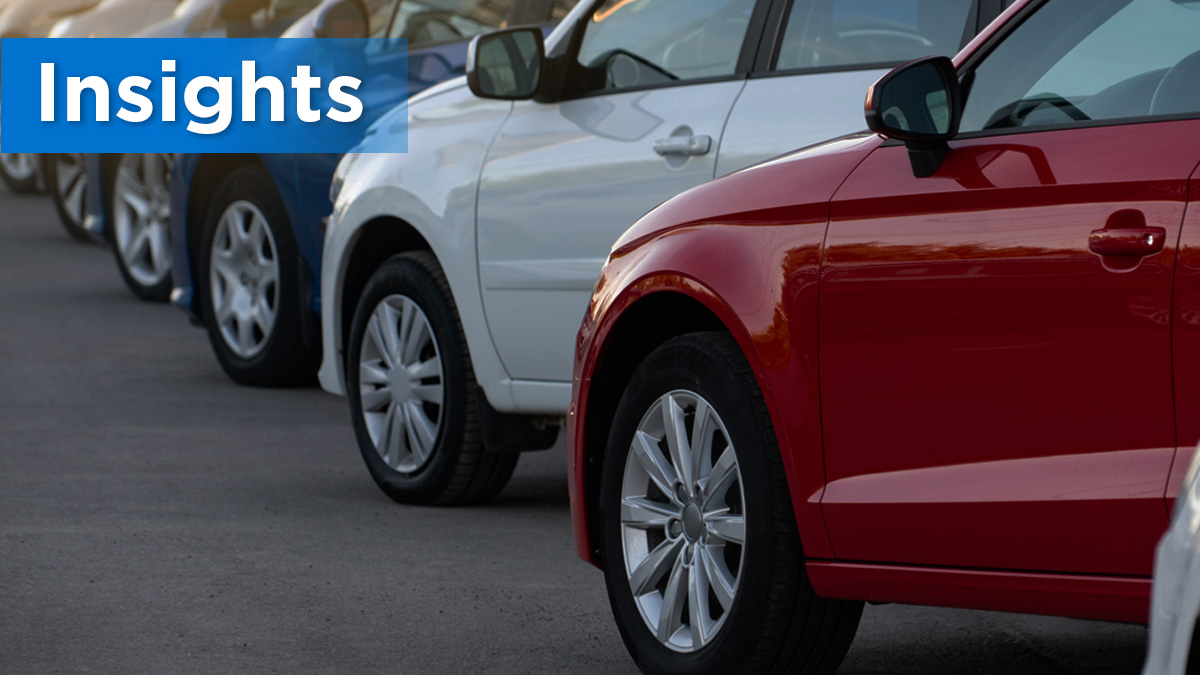Did you know some repair facilities, including Midas and Pep Boys, share your vehicle data with Carfax? Did you also know that Carfax sells this data to some insurance companies? This data exchange is not a one-way street – Carfax also receives vehicle claims data from insurance companies.
Other sources of vehicle data used by Carfax include:
- Over 70 dealership and auto body shop management software programs
- DMV information from all 50 states and most provinces in Canada
- Rental car facilities
- Police and fire department reports
- Auction houses
- Vehicle emissions testing facilities and other state-run inspection facilities
Before Carfax, it was challenging to confirm a vehicle’s history. Was the car in an accident? If so, how bad was it? How many people owned the car in the past? Does the mileage appear to be accurate? Was this car “totaled” by an insurance company? Now, for a small fee, you can measure the price of the car against its history and determine if it’s a good value.
The downside to this data sharing is that Carfax report is becoming the automotive equivalent of your car’s credit score. What if you do your own maintenance and your car is totaled after an accident? Will your insurance company reduce its offer because no oil changes are listed on the Carfax report?
One way to combat this uncertainty is to insure your car on an agreed-value basis. This coverage was only available for collector cars, but some companies (Chubb, Cincinnati, Berkley One) offer agreed-value on everyday vehicles. With agreed-value, your car is insured for a pre-determined limit listed in the policy – even if this amount is more than the car is worth at the time of the loss. Agreed-value can vary depending on the vehicle’s value and other factors. Still, it typically adds about $80 to $100 of premium per vehicle but can add thousands of dollars to your claim settlement if your car is totaled or stolen.
Another potential problem from Carfax data is when you decide to trade in your car. What if you scraped the side of your car and had a body shop repair the damage, and that body shop shares data with Carfax? Will your trade-in value be reduced because yours is not an accident-free vehicle?
Unfortunately, financial compensation for this type of loss is limited. If you damage your car, no compensation is available because it is too prone to fraud. If a third party damages your car, you may be able to get that person’s insurance company to include diminished value in their settlement. Still, not all insurance companies recognize this as compensable. You also have to prove that the damage will have a material effect on a trade-in offer that will happen sometime in the future.
Like most data-sharing platforms, Carfax provides transparency and peace of mind at the expense of privacy. Insurance can provide some relief, but some of the consequences are unavoidable.
The Plexus Groupe is an independent insurance advisory firm. As a broker, we work with insurance companies to help find the best coverage to meet our clients’ needs. Contact Plexus at 888.529.8834 to discuss your personal lines coverage.
